Get in the fast lane to a high-demand career with our Land Surveying and Civil Engineering Technology program.
Are you a student who is interested in the Land Surveying and Civil Engineering Technology program at NDSCS? Find out how to visit NDSCS at NDSCS.edu/Visit or register to attend a SEE NDSCS Day.
Are you a school counselor or instructor interested in bringing a group of students to NDSCS to learn more about Land Surveying and Civil Engineering Technology? Find out more about our Program Visit Days.
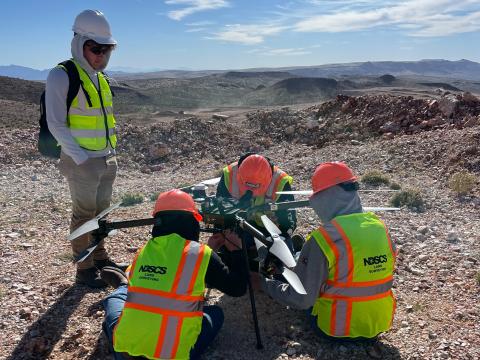
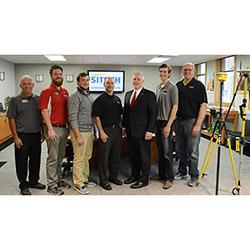
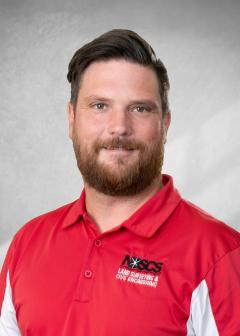
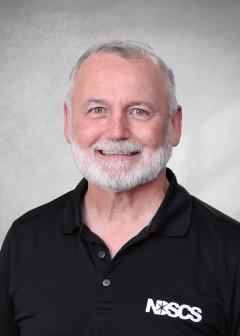
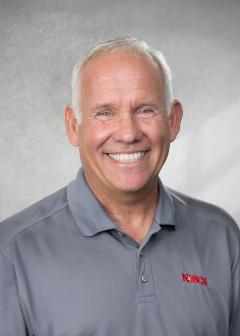



.jpg)